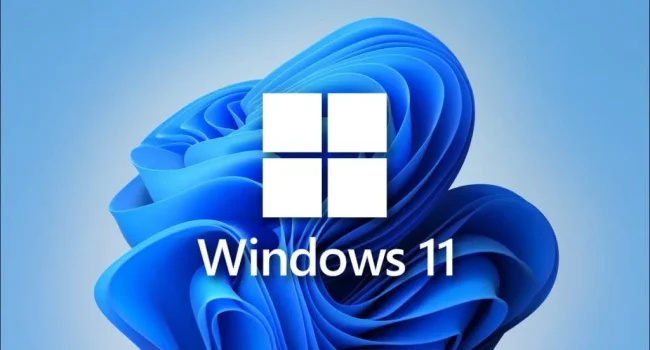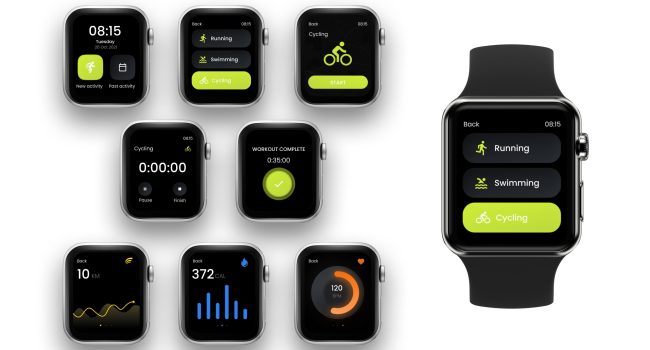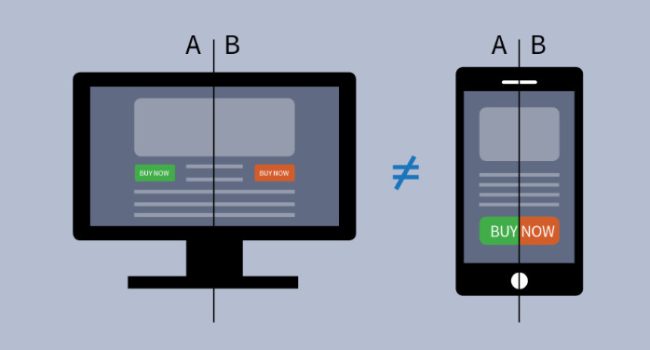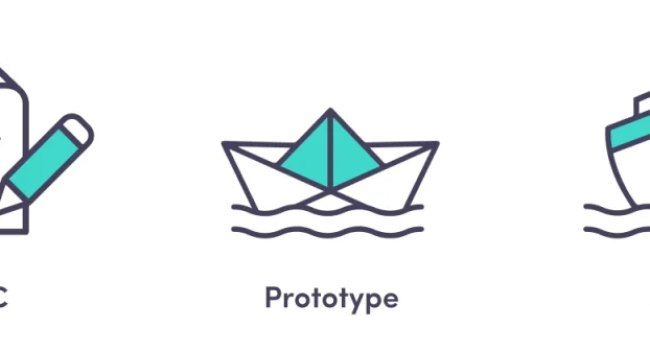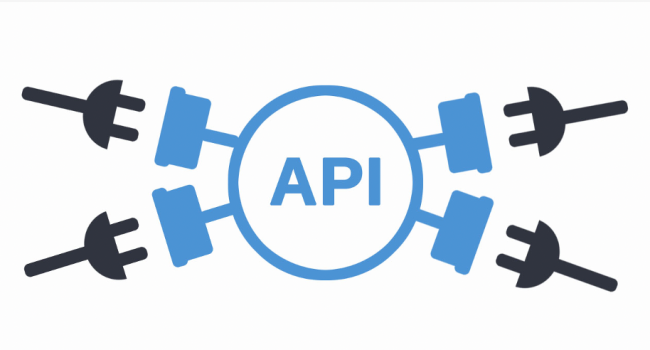Virtual reality (VR) is a powerful technology that has a lot of potential to help with mental health in our fast-changing digital world. Virtual Reality for meditation uses realistic sounds and images to create a pretend world, giving people a break from the stresses of real life. It offers a new way for people to relax, meditate, and ultimately improve their mental wellbeing. This article explores how virtual reality can be beneficial for meditation and mental wellness.
Enhancing Mindfulness
a)Immersion in nature: People can visit breathtaking natural settings without ever leaving their homes, thanks to virtual reality technology. We can easily practice mindfulness, improving our focus and lowering stress. It happens by losing ourselves in beautiful landscapes or serene underwater sights.
b) Guided meditation: Virtual reality provides personalized guided meditation experiences. VR experiences offer a captivating environment for practicing mindfulness. It ranges from tranquil woodlands to serene temples, making it simple for people to achieve a calm and peaceful state of mind.
c) Enhanced focus: Through the creation of a powerful and immersive environment, virtual reality aids in the elimination of outside distractions. Users may thus experience an increase in focus, which might enhance their meditation practice and general mental health.
Overcoming Physical Limitations
a) Accessibility: It could be difficult for people with physical restrictions or impairments to practise traditional meditation techniques. By enabling people to experience immersive worlds from the comfort of their homes, virtual reality (VR) offers a solution and makes meditation a practice that is accessible to everybody.
b) Pain management:Virtual reality has proven to be effective in managing pain, negating the need for pharmacological therapies. By putting themselves in a relaxing atmosphere, patients can shift their attention from their physical suffering, which helps to reduce chronic pain and discomfort.3. Managing Stress and Anxiety
c) Stress reduction: A useful diversion from daily tensions is virtual reality. Virtual reality (VR) offers a new method to stress management by reducing stress levels dramatically by transporting users into peaceful and calming places.
d) Exposure therapy for anxiety disorders: People with anxiety problems might gradually confront their concerns in a safe atmosphere by using virtual reality. Through the simulation of anxiety-provoking situations, virtual reality treatment facilitates desensitization and enables people to create coping strategies, which eventually reduces anxiety symptoms.
Aiding in Mental Health Treatment
a) Virtual support groups: Through virtual reality (VR) technology, people can interact with others going through similar mental health struggles. It provide a sense of support and community that is not limited by geography. Engaging in online support groups improves mental health outcomes by decreasing feelings of isolation and increasing empathy and understanding.
b) Therapeutic applications: VR is being utilized more and more as a therapeutic tool to address mental health issues. These include depression, phobias, and post-traumatic stress disorder (PTSD). Virtual reality therapy facilitates the healing process by offering a safe space to process and overcome traumatic events. This is done by imitating safe situations.
XR Studios and Virtual Reality
Leading VR technology company XR Studios is always pushing the envelope of innovation by investigating novel concepts and uses to improve mental health. Virtual reality offers us a potent new tool for stress and anxiety management, mindfulness training, and mental health enhancement. It is possible through its ability to produce immersive and healing experiences.
Conclusion
The way we approach meditation and mental health could be drastically changed by virtual reality. As virtual reality continues to progress, we may expect more ground-breaking discoveries. These will transform meditation techniques and mental health care.


